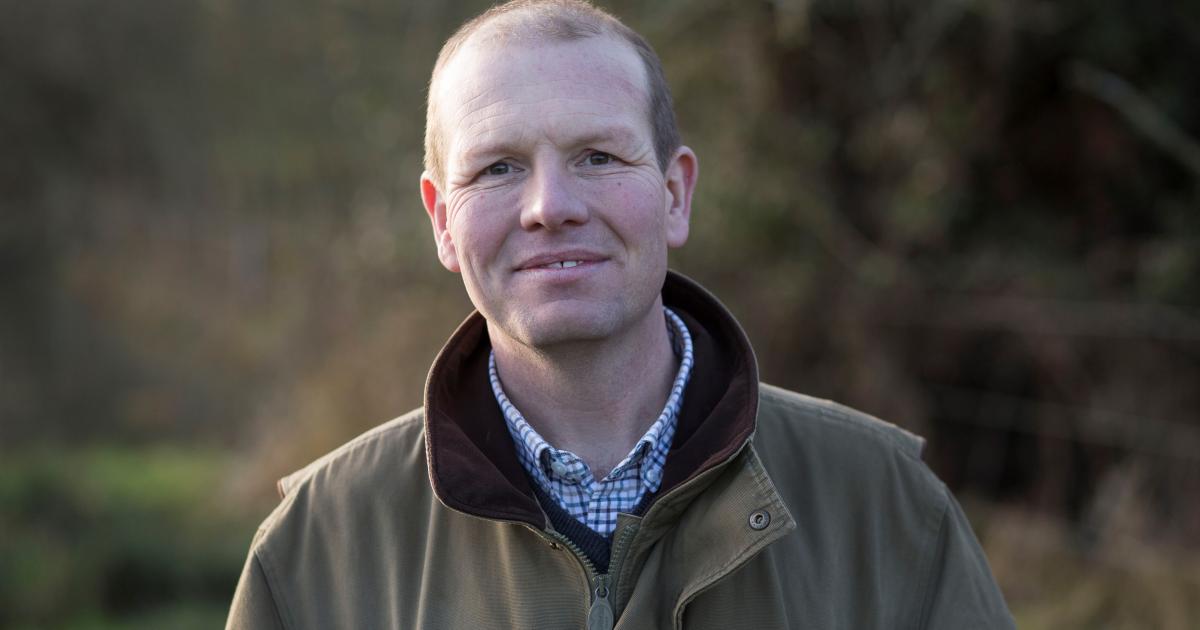December 2021
The Sustainable Farming Incentive announcement today heralds what many in the sector have been waiting for: a change in direction from land-based payments towards payments for delivering environmental benefit. It’s a move championed by Michael Gove’s post-Brexit narrative where new farming schemes would see environmental land management that enhances the environment, improves flood management, protects habitats and ensures cleaner water and air quality.
For decades, farmers have received area-based payments where the driving force has been size and scale to the detriment of our natural environment. These first standards in the SFI scheme set a new direction that will reorientate farming practices away from a production-at-all-costs mindset to delivering environmental return under public money for public goods.
As a first step in the journey towards a more sustainable and regenerative farming system, the announcement at least confirms the direction of future farming payments. But this must be a starting point and a starting point only. After the rallying call of COP26 and the Environment Act now in law, this SFI update hasn’t stoked the fires of agricultural reform quite so furiously as the rhetoric of recent months would have led us to believe.
The Sustainable Farming Incentive offers a low-ambition starting point
To some, the standards announced are missing ambition when, disappointingly, the advanced level for soil standards won’t be added until 2023 and the moorland and rough grazing standard is starting only at the introductory level. More ambition is needed if we’re to address the twin crises of climate change and nature loss – and it needs to happen faster than the introductory and intermediate levels are initiating.
Many farmers are already delivering at the starting levels of the SFI and are going beyond it. Given that the measures on offer are minimum requirements we should already be delivering as part of standard practice, farmers can – and should - do better. All farms, regardless of size, system or past, should be encouraged to scale their delivery at pace so we can recover biodiversity and urgently restore our environment. We’re at a point in time when ambition can’t falter. We can’t “cherry-pick” our way out of a climate and biodiversity crisis by starting on soft footing.
Our member surveys have found that farmers are, by an overwhelming majority, welcoming of ambitious schemes. But many think farmers need better encouragement to enter them and upfront clarity in signalling where the SFI will take us in the future. What has been indicated for 2023 onwards includes nutrient management plans, integrated pest management and hedgerow management.
These are simple practices many farmers have already adopted and are important systems that hugely – and easily – deliver public benefits in nature recovery and ecological improvement. When we’re faced with the grim reality that farmland species are in a steep and continuing decline, we can’t wait until 2024 for farmland biodiversity to be financially incentivised. We need to start acting now.
If we don’t start delivering on a larger scale, with the twin crises of nature loss and climate change clearly linked as our main driving force for on-farm action, then we miss the mark entirely. We can’t expect to change anything to the scale it is urgently needed if environmental land management schemes are parcelling measures in low-ambition increments. Many farmers are ready and eager to do more in making better standards the norm.
We want to see future levels of SFI delivery increase in environmental output so farm businesses will have more certainty for the future. Farming systems that actively work across the whole farm landscape to recover nature and restore habitats, including soil, water and air quality, will return the benefit of long-term business resilience.
For those farming beyond the standards set, keep moving forwards. We need to show the value of what can be truly delivered from farms already on the regenerative path. For those adopting new practices, learning, trialling and switching tactics based on the outcomes they achieve for nature: keep pushing onwards. Only by demonstrating the value of public goods can we continue to advocate for them in their entirety. The SFI might be slower in acknowledging this value, but the value to farm business is incentive enough.
Martin Lines is Chair of the Nature Friendly Farmers Network. Follow @NFFNUK
The opinions expressed in this blog are the author's and not necessarily those of the wider Link membership.

Latest Blog Posts